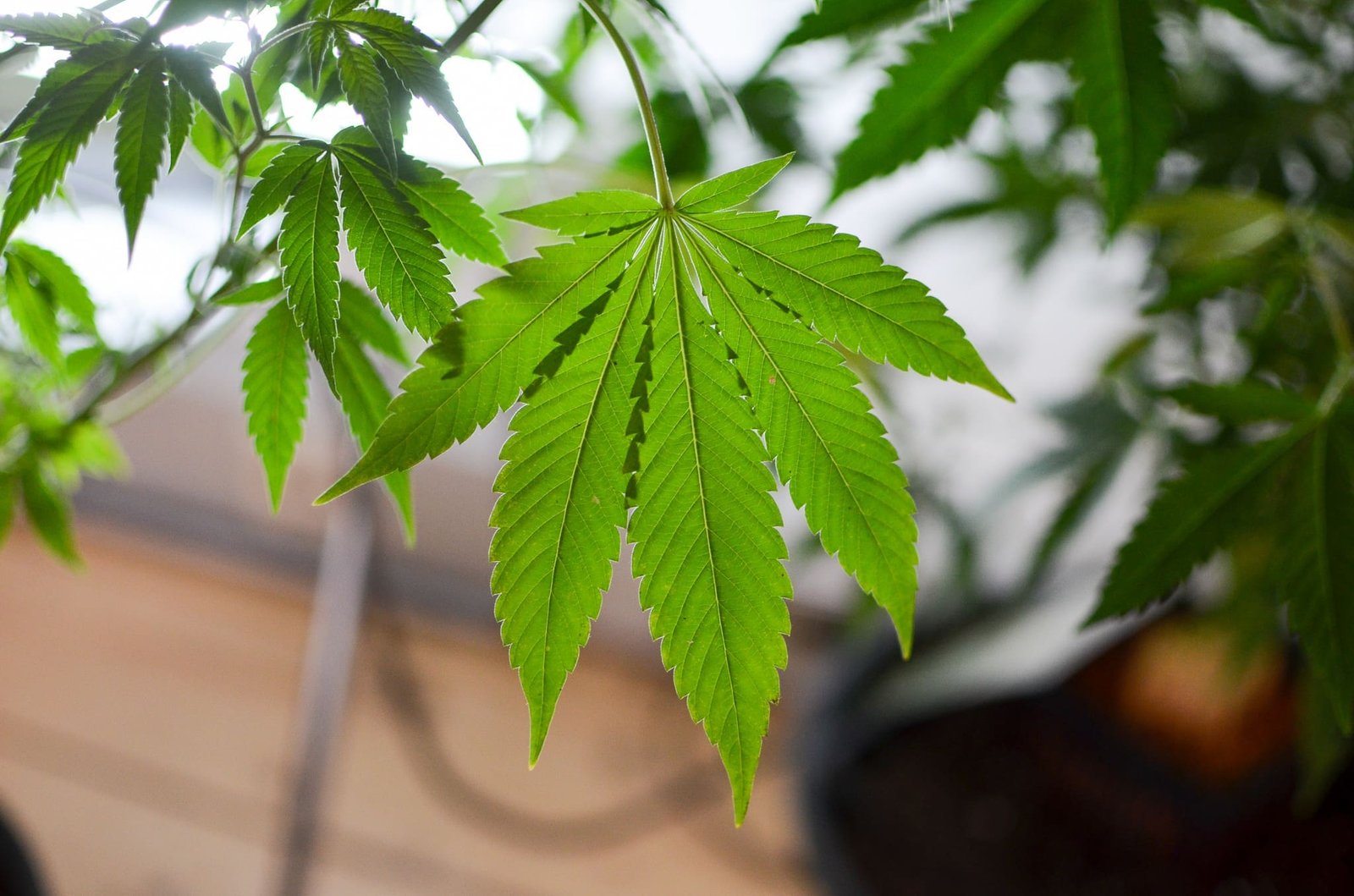The New Hampshire Senate has dismissed every marijuana-related bill that passed the House this legislative session, signaling a strong opposition to drug reform in the chamber. On Thursday, the Senate voted against two key proposals: one aimed at allowing medical cannabis businesses to cultivate in greenhouses and another that sought to expand the annulment process for past marijuana-related arrests and convictions.
Senators also postponed discussions on a separate bill that would decriminalize small amounts of psilocybin, a psychedelic substance. These actions highlight the Senate’s consistent resistance to advancing cannabis policy changes this session, despite the House approving several notable measures, including those to legalize adult-use marijuana and permit home cultivation for medical marijuana patients.
“These outcomes are disappointing, but unfortunately, they aren’t surprising,” stated Matt Simon, director of public and government relations at GraniteLeaf Cannabis, a medical marijuana provider. Earlier this year, Simon noted that certain senators seemed determined to reject any legislation related to cannabis policy, regardless of its nature.
In total, the Senate has either tabled or killed eight marijuana-related measures passed by the House this session. One significant proposal, HB 301, introduced by Rep. Suzanne Vail (D), would have allowed alternative treatment centers (ATCs) to establish an additional cultivation site in greenhouses. Currently, ATCs can only grow their cannabis indoors, with greenhouse cultivation prohibited. Although the House approved this bill in February, a Senate committee deemed it “inexpedient to legislate” earlier this month, leading to the Senate’s decision to table it.
Simon remarked on the strong public support for broader cannabis legalization in New Hampshire, questioning the controversy surrounding greenhouse cultivation for ATCs.
Another rejected bill, HB 196 from Rep. Jonah Wheeler (D), aimed to simplify the process for annulling past marijuana possession records. The Senate marked it as “inexpedient to legislate,” effectively ending its prospects for the session.
The only remaining drug reform measure in the Senate is the psilocybin decriminalization plan, HB 528, introduced by Rep. Kevin Verville (R). This bill proposes that a first offense involving psilocybin would be treated as a violation, incurring a fine of $100 or less. Subsequent offenses would result in class B misdemeanors, imposing fines of up to $500 and $1,000, respectively. However, these offenses would not carry jail time. The legislation retains felony status for fourth and later offenses.
The Senate committee amended the bill to include mandatory minimum sentences for specific fentanyl-related offenses and for drug distribution resulting in a user’s death. Verville expressed his hesitance regarding the amendment but recognized the necessity of compromise to advance the psilocybin legislation. He described the legislative process as requiring negotiation between differing viewpoints in the House and Senate.
If the amended bill passes, the sale and distribution of psilocybin would remain illegal. The reform would only impact individuals aged 18 and older regarding personal possession and use.
The Senate plans to address the psilocybin measure on June 5. Verville acknowledged the challenges ahead, emphasizing the need for both the Senate and House to approve the amended version before it reaches the governor for final approval.
Amid these developments, the Senate narrowly voted to table HB 198, a bill aimed at legalizing marijuana for personal use among adults 21 and older. This measure would have allowed adults to possess up to two ounces of marijuana flower, 10 grams of concentrate, and 2,000 milligrams of THC in other cannabis products. Despite previous approval by the House, the Senate Judiciary Committee recommended its rejection.
Polling data indicates strong support for cannabis legalization among New Hampshire residents. A recent Granite State Poll revealed that 70% of participants favor legalization, a number that includes majorities across political affiliations. Support has risen from 65% since June 2024, with 84% of Democrats, 72% of independents, and 55% of Republicans backing the measure.
Last session, lawmakers nearly passed a legalization bill supported by then-Governor Chris Sununu (R), but disagreements over market structure led to its downfall. The latest attempts to advance cannabis reform in New Hampshire face significant barriers in the Senate, highlighting the ongoing tension between public opinion and legislative action.


